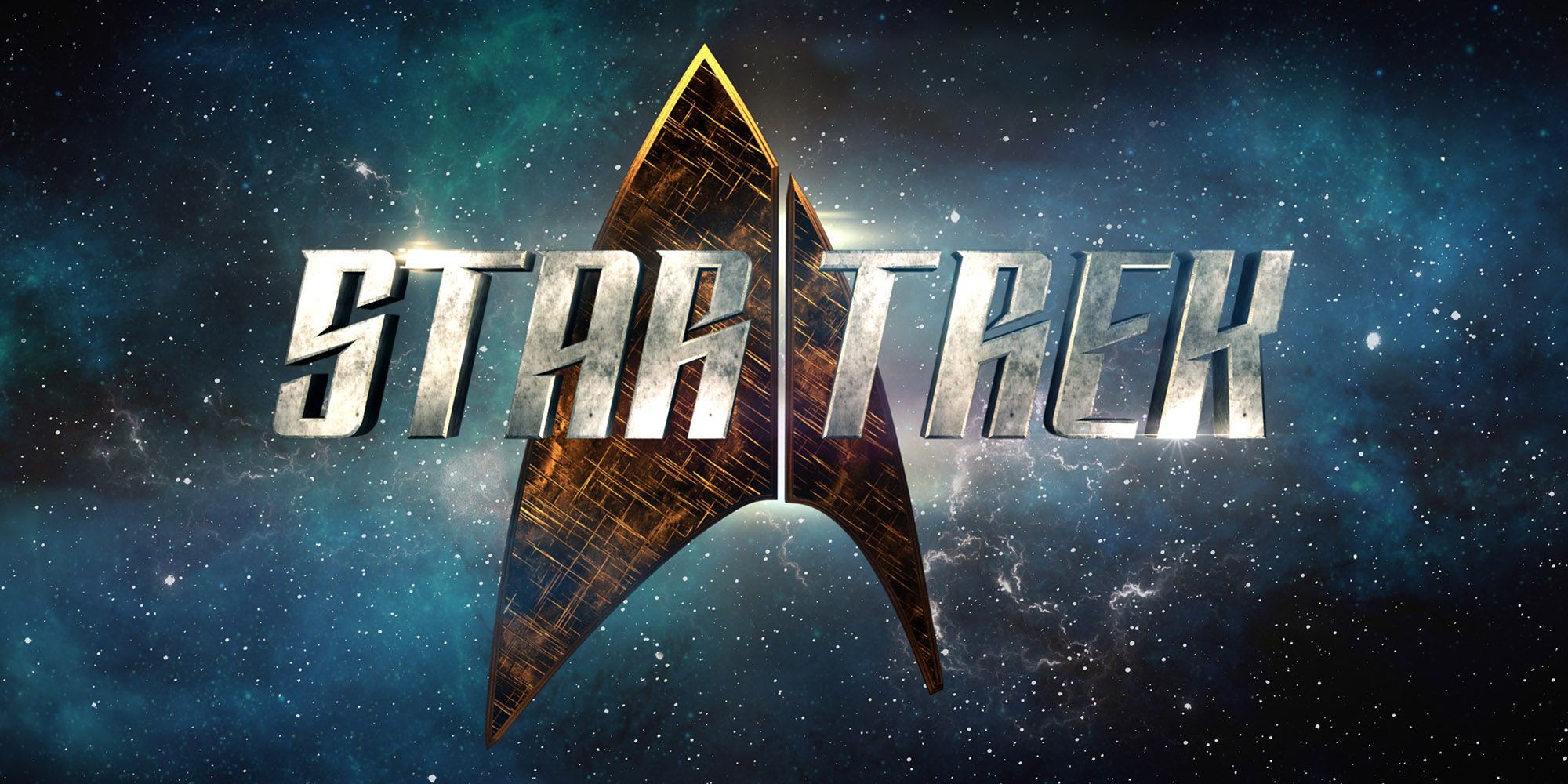Fifty years (and counting) since Star Trek first debuted on television screens and the franchise that dared viewers to "boldly go where no man has gone before" is still going. While the property has weathered its share of stumbles, five decades of Star Trek have produced more than ten big screen film adaptations as well as six television series - not to mention countless novels, comic books, audio dramas, and video games. However, much like its sister/competitor science-fiction series, Star Wars, Star Trek's success and longevity is owed to an extremely dedicated fanbase.
No doubt, plenty of talented TV and movie producers have aided in Star Trek's endurance but "Trekkies" have kept the series afloat during the numerous periods in between official projects - so much that rights-holders Paramount Pictures and CBS have often encouraged fans to develop their own corners of the Star Trek universe. This "open source" approach to fan-created Star Trek content was status quo - until the aforementioned rights-holders drew a line in the sand and filed a lawsuit against the creator of the high-profile Star Trek fan-film Axanar, Alec Peters, in an attempt to stop his project from being made. Now, nearly six months after the case was first filed, Star Trek film producer J.J. Abrams has revealed that Paramount Pictures and CBS will be abandoning the lawsuit.
Speaking to the crowd at Paramount's Star Trek fan event, where the studio debuted the second trailer for Beyond, Abrams opened-up about the lawsuit against Axanar, stating: "This wasn’t an appropriate way to deal with the fans." While it was the former Star Trek film series helmer that addressed the issue during the event, he credited Beyond's director, Justin Lin, for actually saving Axanar (indicating that it was Lin who convinced the rights-holders to stop blocking the fan project).
If you're unfamiliar with the Axanar project, check out the official story synopsis (followed by the film's short film prequel: Prelude to Axanar:
Axanar takes place 21 years before the events of “Where no Man Has Gone Before,” the first Kirk episode of the original Star Trek. Axanar is the story of Garth of Izar, the legendary Starfleet captain who is Captain Kirk’s hero. We met Garth in the third season TOS episode Whom Gods Destroy. Kirk called Garth the role model for all future Starfleet Officers. Garth charted more planets than any other Captain and was the hero of the Battle of Axanar, the story of which is required reading at the academy. This is that story. Axanar tells the story of Garth and his crew during the Four Years War, the war with the Klingon Empire that almost tore the Federation apart. Garth’s victory at Axanar solidified the Federation and allowed it to become the entity we know in Kirk’s time. It is the year 2245 and the war with the Klingons ends here.
As indicated, the lawsuit against Axanar came as a major surprise to fans last winter - and it was initially unclear exactly why Paramount Pictures and CBS had decided to attack this particular project (when action had not been taken against similar fan films). Comments from the studio stopped short of giving a specific reason but the general consensus, among fans, was that Axanar was the biggest and most complex unofficial Star Trek project to date, while pulling in loads of crowdfunding, without rights-holders approval, control, or ability to monetize from the final product. It was one thing when fan-fiction meant fun, low budget, home movies that only a few people would ever see but, for Paramount Pictures and CBS, a crowdfunded project that would cost over $600,000 and release online upon completion, was a different story - and one that would be much harder to ignore.
Check out the celebratory Tweet from the Axanar filmmakers below:
JJ Abrahms announcing that because of the efforts of Justin Lin, Paramount was dropping the lawsuit against Axanar pic.twitter.com/9wqo6193IT— Axanar Productions (@StarTrekAxanar) May 21, 2016
While Axanar won't feature well-known franchise characters specifically, the film uses ship designs, alien races (and language), as well as other assets that, on their own might not be grounds for a lawsuit but, when viewed as the sum of their parts, could be seen (by some) as a violation to rights-holders.
That's essentially the argument District Court Judge Gary Klausner posited when ruling that the lawsuit would proceed - and be heard in court:
“When viewed in a vacuum, each of these elements may not individually be protectable by copyright. Plaintiffs, however, do not seek to enforce their copyright in each of these elements individually. Rather, Plaintiffs’ copyright infringement claims are based on the Star Trek Copyrighted Works as a whole.”
As a result, it's understandable why Paramount Pictures and CBS might believe they had grounds to file the lawsuit; yet, that doesn't mean that they necessarily should have. Despite harsh criticisms, backlash, and frustrations in the fan community, the rights-holders moved forward with their lawsuit - and the situation was looking increasingly grim for those hoping to see Axanar make it into production unscathed. While the Axanar filmmakers and fans remained optimistic, many saw Klausner's ruling as a strong indicator that the rights-holders had no intention of backing down and would, if it came to it, mount a lengthy legal battle that would drain the Axanar coffers.
Which is why fans were so surprised to hear that Paramount and CBS were dropping the lawsuit against Axanar - a move that would win the rights-holders back some goodwill but, in doing so, leaves a very murky line in the sand (that will likely be revisited down the line when an even bigger Star Trek fan project threatens to make significant money off the franchise foundation without going through official channels). Still, it's understandable why Lin, of all people, would press the studio to drop the lawsuit - given that he is about to releases a $150 million Star Trek movie into theaters (following in the footsteps of a director who netted over $700 million globally between two Star Trek movies and then turned around and led Star Trek's biggest competitor to a $2 billion run at the global box office). Facing those hurdles, and building on a somewhat muted response to Star Trek Into Darkness from casual filmgoers, the last thing Lin or the studio needed is a horde of angry fans threatening to boycott Beyond.
Not to mention, after Star Trek Beyond hits theaters later this summer, CBS is preparing the launch of a new Star Trek TV series next year. Paramount Pictures and CBS are already poised to make plenty of money off of the franchise in the coming months, assuming that both projects can excite their fanbase (and promote positive word of mouth), meaning that it might not be the best time for rights-holders to mark their territory and attempt to school fans on who owns what.
No doubt, further information will be made available in the coming days - as the filmmakers behind Axanar address this new twist in their journey. Abrams made a big point of telling everyone the project will not be blocked but it remains to be seen whether or not Peters will be asked to make significant "sanctioned" changes to his original Axanar plan.
We'll keep you up to date as more information becomes available about what this change of course means for Axanar! In the meantime, check out the official Axanar page - HERE.
NEXT: Star Trek Beyond Trailer #2
Star Trek Beyond opens in U.S. theaters on July 22nd, 2016.
Axanar does not currently have an official release date.




